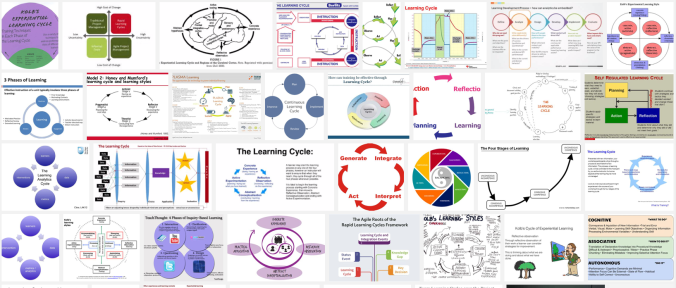This week we are sharing a post from our colleague – and newly appointed National Teaching Fellow, Helen Webster – as she asks us to consider whether there is actually a distinct pedagogy for learning development.
Helen starts like this:
Towards a Signature Pedagogy of Learning Development
~ RATTUSSCHOLASTICUS
The notion of signature pedagogies was developed by Shulman (2006) when looking at education in the professions. “These are types of teaching that organise the fundamental ways in which future practitioners are educated for their new professions. In these signature pedagogies, the novices are instructed in critical aspects of the three fundamental dimensions of professional work – to think, to perform and to act with integrity.” Each profession has its own characteristic way of doing this, reflecting the differing emphasis it places on each of the three dimensions. Think of the medics in their OSCEs and dissections or the lawyers with their case problems and debates.
And the complete post can be found here:
Do go to Helen’s original post – and join in the conversation!!
Happy new academic year!
All the best,
Sandra & Tom




